The Book of Embraces
The Book of Embraces by Eduardo Galeano (1989).
The Book of Embraces by Eduardo Galeano (1989).
 The Book of Ebenezer Le Page by G. B. Edwards (1981). The delight of this novel, set in England’s Channel Islands, is the cranky voice of its eponymous narrator. Recalling his long life on the isolated island, the farmer/fisherman Le Page describes his world on a local scale: family squabbles, romances, deaths.
The Book of Ebenezer Le Page by G. B. Edwards (1981). The delight of this novel, set in England’s Channel Islands, is the cranky voice of its eponymous narrator. Recalling his long life on the isolated island, the farmer/fisherman Le Page describes his world on a local scale: family squabbles, romances, deaths.
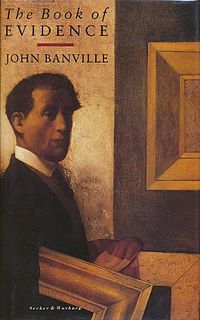 The Book of Evidence by John Banville (1989). Frederick Charles St. John Venderveld Montgomery is an Irishman who has traveled the world. Back in his dull hometown, he becomes obsessed with a three hundred-year-old painting. He murders an old woman to secure it. Upon his capture for that crime, he offers a confession that reveals his savage heart and soulless existence.
The Book of Evidence by John Banville (1989). Frederick Charles St. John Venderveld Montgomery is an Irishman who has traveled the world. Back in his dull hometown, he becomes obsessed with a three hundred-year-old painting. He murders an old woman to secure it. Upon his capture for that crime, he offers a confession that reveals his savage heart and soulless existence.
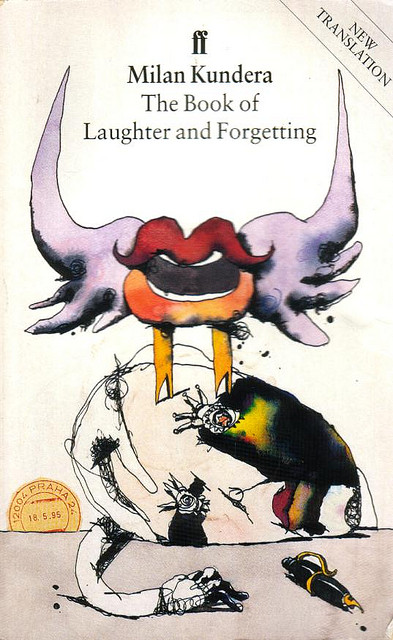 The Book of Laughter and Forgetting by Milan Kundera (1978).
The Book of Laughter and Forgetting by Milan Kundera (1978).
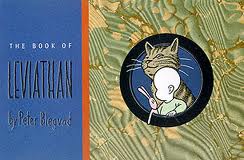 The Book of Leviathan by Peter Blegvad (2001). Snappy puns, clever palindromes, stream of consciousness insights, and brilliant non sequiturs fill the dialogue bubbles of this surreal collection of comic strips that chronicle the epistemological adventures of a faceless baby named Leviathan, his wise pet Cat, and his favorite toy Bunny. Sigmund Freud, Emily Dickinson, and St.
The Book of Leviathan by Peter Blegvad (2001). Snappy puns, clever palindromes, stream of consciousness insights, and brilliant non sequiturs fill the dialogue bubbles of this surreal collection of comic strips that chronicle the epistemological adventures of a faceless baby named Leviathan, his wise pet Cat, and his favorite toy Bunny. Sigmund Freud, Emily Dickinson, and St.
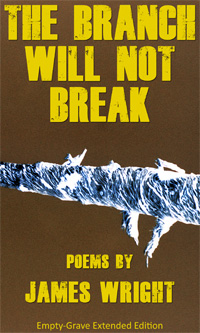 The Branch Will Not Break by James Wright (1963). A poet with finely honed social and political concerns, Wright wrote beautiful lines about outcasts and human suffering. This collection marks the poet’s turn from more conventional forms toward lyrical free verse. Wright’s Collected Poems was awarded a Pulitzer Prize in 1971.
The Branch Will Not Break by James Wright (1963). A poet with finely honed social and political concerns, Wright wrote beautiful lines about outcasts and human suffering. This collection marks the poet’s turn from more conventional forms toward lyrical free verse. Wright’s Collected Poems was awarded a Pulitzer Prize in 1971.
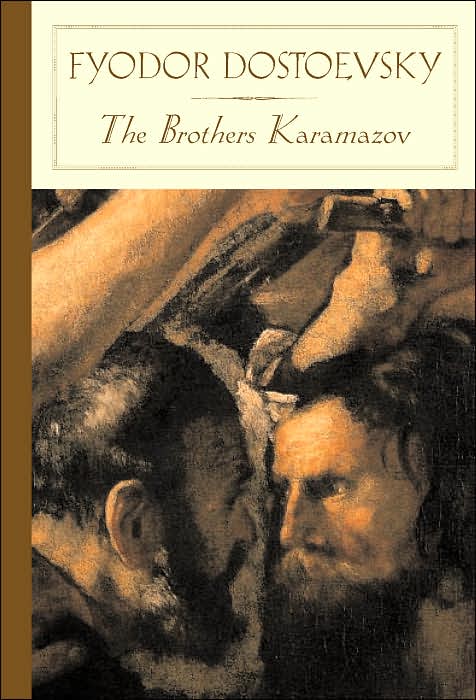 The Brothers Karamazov by Fyodor Dostoevsky (1880). In perhaps the consummate Russian novel, Dostoevsky dramatizes the spiritual conundrums of nineteenth-century Russia through the story of three brothers and their father’s murder. Hedonistic Dmitri, tortured intellectual Ivan, and saintly Alyosha embody distinct philosophical positions, while remaining full-fledged human beings.
The Brothers Karamazov by Fyodor Dostoevsky (1880). In perhaps the consummate Russian novel, Dostoevsky dramatizes the spiritual conundrums of nineteenth-century Russia through the story of three brothers and their father’s murder. Hedonistic Dmitri, tortured intellectual Ivan, and saintly Alyosha embody distinct philosophical positions, while remaining full-fledged human beings.
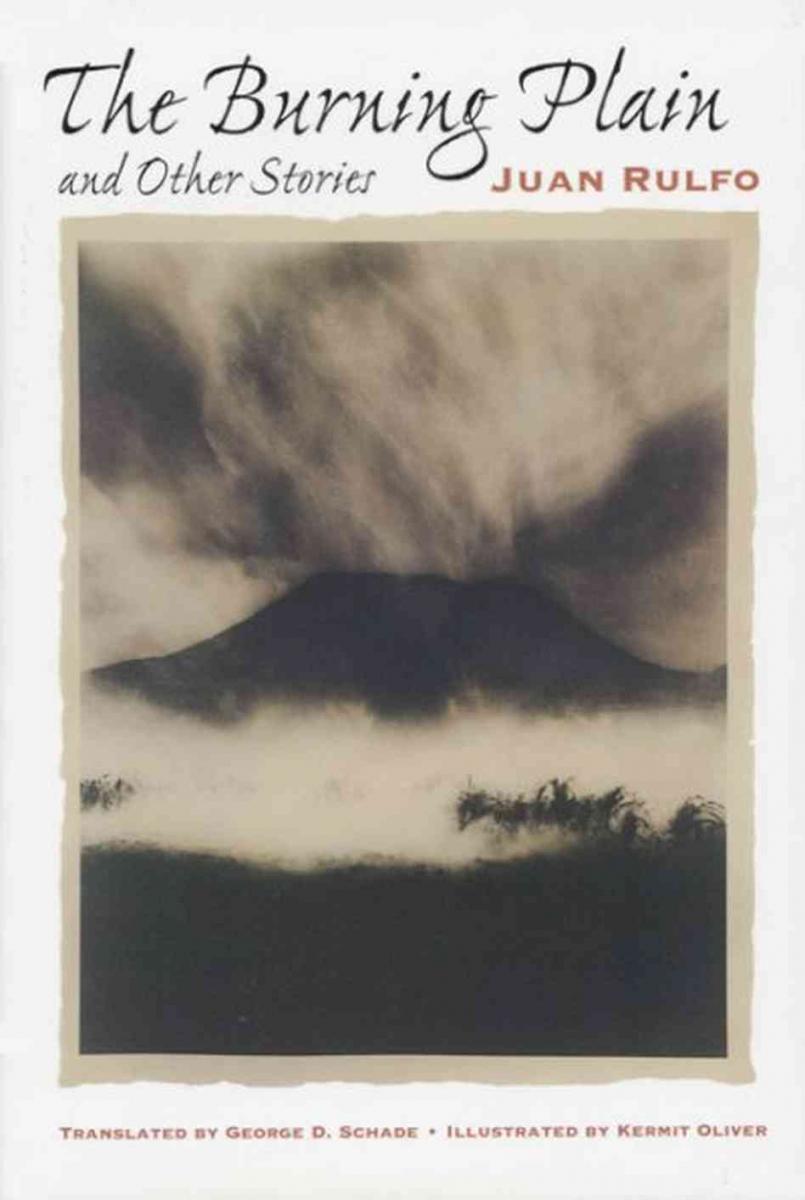 The Burning Plain and Other Stories by Juan Rulfo (1953). Like Ernest Hemingway, Rulfo found men who are shaped by violence too fascinating to judge or condemn. Set in the period around the Mexican Revolution, his short stories use pared down prose to portray peasants who are seized sometimes by historical forces and given the opportunity to create and destroy on a mass scale.
The Burning Plain and Other Stories by Juan Rulfo (1953). Like Ernest Hemingway, Rulfo found men who are shaped by violence too fascinating to judge or condemn. Set in the period around the Mexican Revolution, his short stories use pared down prose to portray peasants who are seized sometimes by historical forces and given the opportunity to create and destroy on a mass scale.
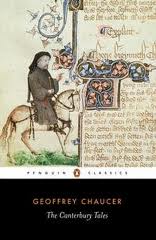 The Canterbury Tales by Geoffrey Chaucer (1380s?). Not so much a single poem as a gathering of voices ranging from bawdy to pious, this captivating work presents a panoramic view of medieval England. Vivid, direct, and often irresistibly funny, the tales are told by pilgrims making their way to Canterbury to visit the shrine of Saint Thomas Beckett.
The Canterbury Tales by Geoffrey Chaucer (1380s?). Not so much a single poem as a gathering of voices ranging from bawdy to pious, this captivating work presents a panoramic view of medieval England. Vivid, direct, and often irresistibly funny, the tales are told by pilgrims making their way to Canterbury to visit the shrine of Saint Thomas Beckett.
 The Castle by Franz Kafka (1926). K. has been summoned to work as a land surveyor at a giant castle, which he is never allowed to enter. As his confusion grows, he breaks a series of laws he cannot understand. Such is the stuff of dreams—and of Kafka’s final novel, which uses K.’s strange plight to portray the absurd, nightmare logic of the bureaucratic state.
The Castle by Franz Kafka (1926). K. has been summoned to work as a land surveyor at a giant castle, which he is never allowed to enter. As his confusion grows, he breaks a series of laws he cannot understand. Such is the stuff of dreams—and of Kafka’s final novel, which uses K.’s strange plight to portray the absurd, nightmare logic of the bureaucratic state.